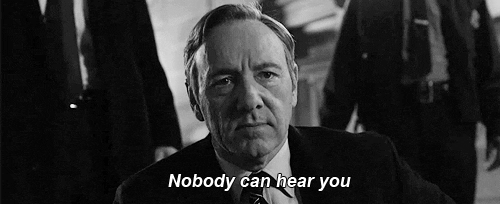6. Christians are all judgmental

This one can be hard to argue with, especially when you see extreme Christians in the news bashing organizations and individuals left and right. However, most everyday Christians see others through a lens of grace, because they’ve been forgiven so much themselves. In other words, they’re not looking to the world with a wagging finger of condemnation, but a humble invitation to experience freedom in Christ.
7. Christians are uneducated

Some people believe Christians have to be uneducated to believe in the Bible, miracles and the resurrection of Jesus, but most Christians approach the Bible with both faith and their intellect. In fact, some of the greatest inventions in art, architecture and medicine have been created by passionate Christians. Also, to be fair, believing that the world came into existence through mutations or a cataclysmic event requires the same amount of faith. Maybe more.
8. Christian stereotypes say they are all hypocrites

This one is tricky because Christians are hypocrites, but so is every human being alive. We all say one thing and do another at some time in our lives. But to call an entire group of people out as hypocrites is hypocritical in itself. Remember number 5…Christians aren’t perfect.
9. Christians don’t like to have fun

Christians, in general, love to have fun just as much as the average person. Some Christians love extreme sports, dancing, wild adventures and great parties. In fact, following Jesus can put you in some pretty exciting (and tough) situations. However, if by fun you mean drunken parties and lots of reckless decisions about sex…then you would be correct—Christians aren’t into that kind of fun. Why? Because that kind of lifestyle never brings real joy—only short-lived fun with a lot of pain and consequences.
10. Christian stereotypes say they are close-minded

It’s true Christians desire to live their lives according to the Bible, and that requires adherence to a set of truths, but Christians are typically open to new ideas about science, medicine, psychology, art and life in general. In fact, Christians are usually fascinated by learning, listening and growing. After all, when someone comes to faith in Jesus, they enter into a relationship with the Creator of all things. That requires one to embrace a greater level of mystery with real humility.
*Have a friend who wrestles with stereotypical Christianity—take them to see Gavin Stone. It’s a fun and disarming way to create a great conversation around authentic faith. Oh, and it’s hilarious. *This article is sponsored by The Resurrection of Gavin Stone.


